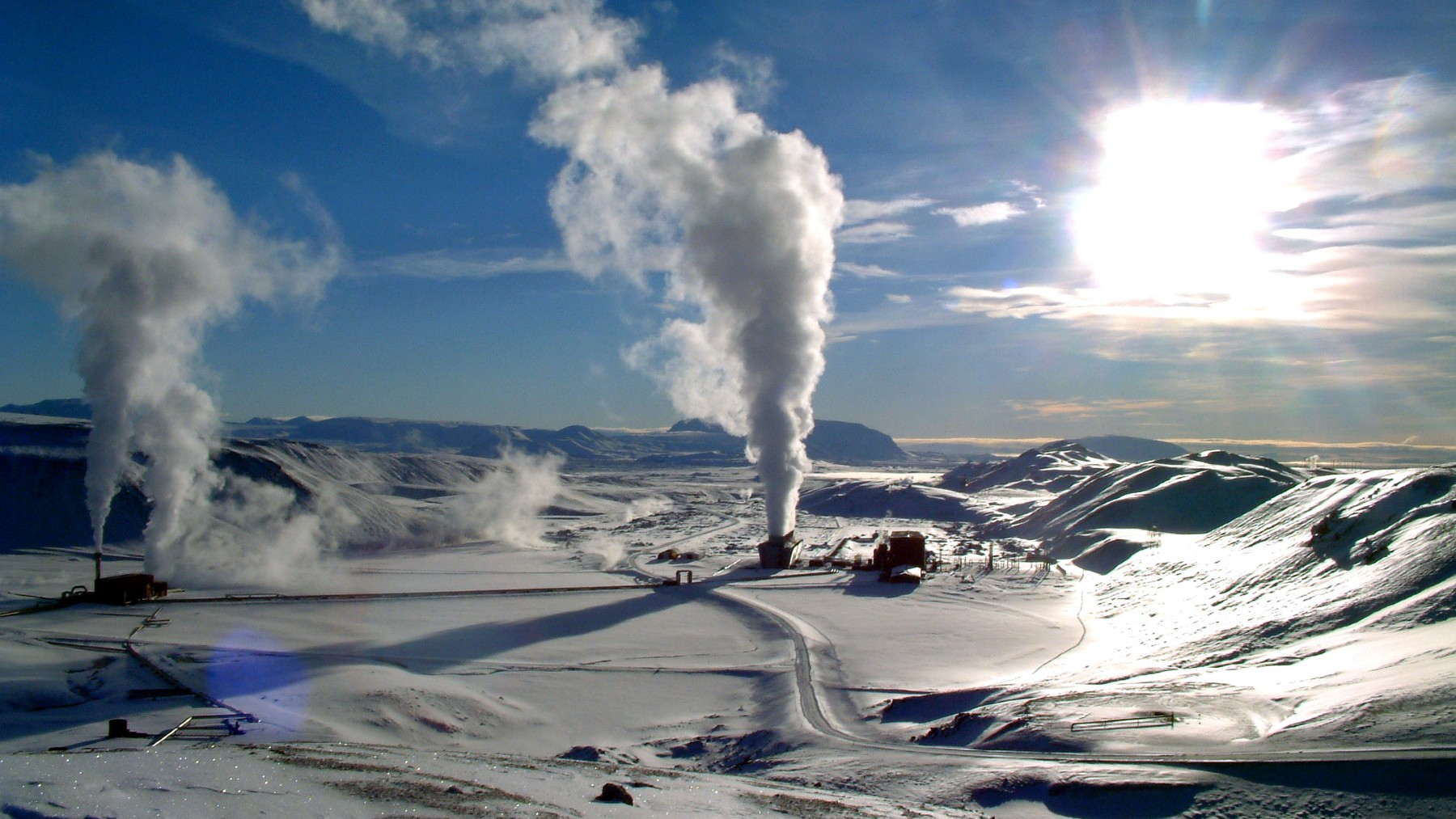Iceland finds boiling energy under the ice: It is more powerful than photovoltaic and wind combined
October 7, 2024

While Europe struggles with increasing costs of fossil fuels as well as the shortages of energy, Iceland distinguishes itself as an inspiration of environmental energy procedures. With its distinctive geological composition, Iceland has powered its houses, industries, together with some of the most famous tourist destinations by utilizing geothermal energy. Not only does this obligation to renewable energy exhibit Iceland’s revolution but it also offers an example for other countries attempting to accomplish low-carbon emissions.
Renewable transformation: Iceland’s 100 years of geothermal energy revolution
Iceland started its alteration to renewable energy almost 100 years ago, making the shift from fossil fuels to geothermal energy. Currently, over 70% of Iceland’s energy derives from geothermal sources, decreasing dependence on imports as well as saving around 3.5% of their GDP yearly for a populace below 400,000.
This shift has led to 5 geothermal power plants providing around a quarter of Iceland’s electricity together with two-thirds of house heating, including 90% of houses being heated by geothermal energy. But population evolution along with increasing energy demands, particularly in urban areas such as Reykjavik, increase sustainability anxieties.
Originated sometime in the 1990s, the Iceland Deep Drilling Project, was vital for retrieving geothermal reservoirs, drilling wells as deep as 15,000 feet. Olafur Ragnar Grimsson, former president of Iceland, recollects when Reykjavik was concealed in coal smoke. Now, the country demonstrates a clean energy economy, luring funds from power-hungry industries, containing aluminum smelters as well as environmental data facilities.
Iceland’s rotary economy: Altering geothermal energy into environmental evolution
Not only is the country merely employing geothermal energy, however it is also directing a rotary economy which increases resource competence. The waste-free idea of Albert Albertsson’s steered the establishment of the Resource Park at HS Orka, where corporations from divisions such as aquaculture, along with biotech, as well as cosmetics repurpose byproducts from geothermal plants. Markedly, the Blue Lagoon Spa reuses geothermal water employed for electricity, establishing a beneficial leisure industry. The rounded example of Iceland acts as a blueprint for other countries with geothermal reserves, revealing how sustainability might propel both the financial growth as well as ecological resolution.
Regardless of their achievements, Iceland encounters compelling difficulties which threatens the sustainability of their geothermal energy. Altering the patterns of the rainfall, a growing population, along with a multiplied personal utilization are challenging generation capability of hot water. Local media reports specify that utility corporations might need to allocate hot water throughout predominantly cold weather as continuous demand overtake supply.
Addressing future encounters: Iceland’s dedication to doubling up on geothermal energy power
Presently, in Iceland hot water represents about 60% of the energy utilized along with estimates proposing that the Reykjavik demand might raise yearly by 3%. To address future requirements, utilities will need have to double the production of current geothermal systems by 2060, an overwhelming project which might necessitate vast financing as well as revolution.
The rush of increasing geothermal power is apparent as it requires roughly 4 years to bring new production amenities online. Navigating the complications of geothermal discovery establishes further disputes but the track record of the country in renewable energy implies that resolutions may be found via continued investigation together with financing.
Iceland’s dedication to geothermal energy has placed them as a forerunner in environmental practices along with modernization. While difficulties emerge the county’s positive method as well as their groundbreaking rounded economy model propose a hopeful image ahead. As humanity seeks resolution to the climate catastrophe, the experience of Iceland exhibits that with the correct reserves as well as tactics, it is probable to accomplish energy independence while sustaining the world. Focusing on carbon impartiality by 2040, the country continues to be an inspiration to other countries to incorporate a greener as well as a more ecological future.
Search
RECENT PRESS RELEASES
Related Post

